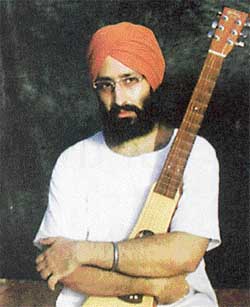There was I time when I would boot my blog editor on Blogger and post about every small leaf moving with every strand of wind. And then there came a time when I would post things that are truly monumental.
As we increasingly live in a digital world where every bit of data and information you put anywhere on the Internet can be searched and indexed and retrieved easily. And moving with the times, I need to change the way I blog.
I will no longer create a new post on every small update. Now its about one place for everything related to a particular topic.
- This might mean several edits on the same post.
- This would mean trouble for people reading my blog from RSS readers.
- This would also mean comments going out of context. This would mean more trouble.
But I think the trouble is worth it. A post would no longer remain a small rant on things. It will, over a period of time, become a long page with lots of details on a particular topic. It will become my personal Wikipedia. In fact I had realized this long back and hence the pbWiki.
Also I have realized that juggling multiple blogs is very difficult. Apart from contributions to mutiny.in, pluggd.in, venturewoods, I manage quite a few blogs. My photoblog, personal blog, new new thing, Friends from Creativeland, value investing and probably a lot more blogs that I am forgetting (yes unofficial MDI blog, MML blog etc.). It is very difficult to juggle between all these. You tend to put a lot of effort on creating one and promoting it and as a result you ignore the other ones to die their natural, slow and painful death.
What do you think? Should I post on every small think? Or one large post with lots of data and information works?
Originally posted on here.



